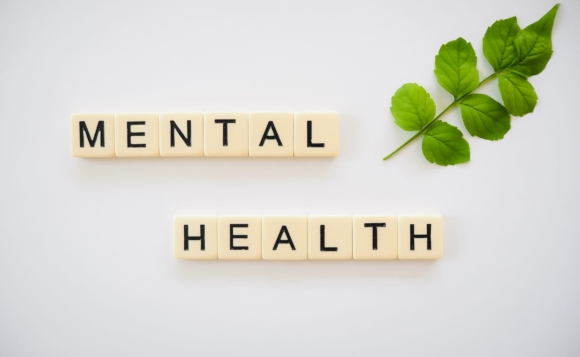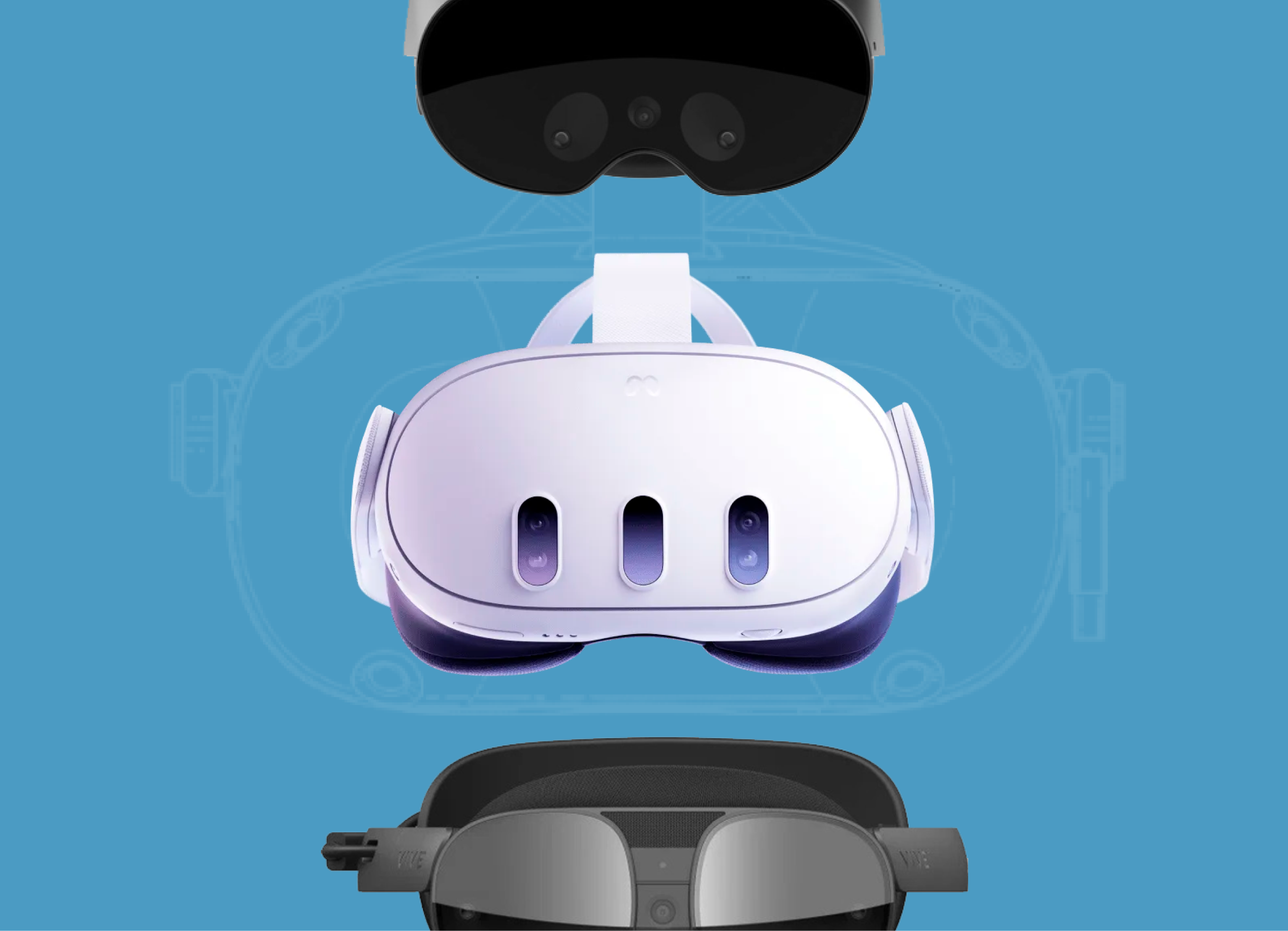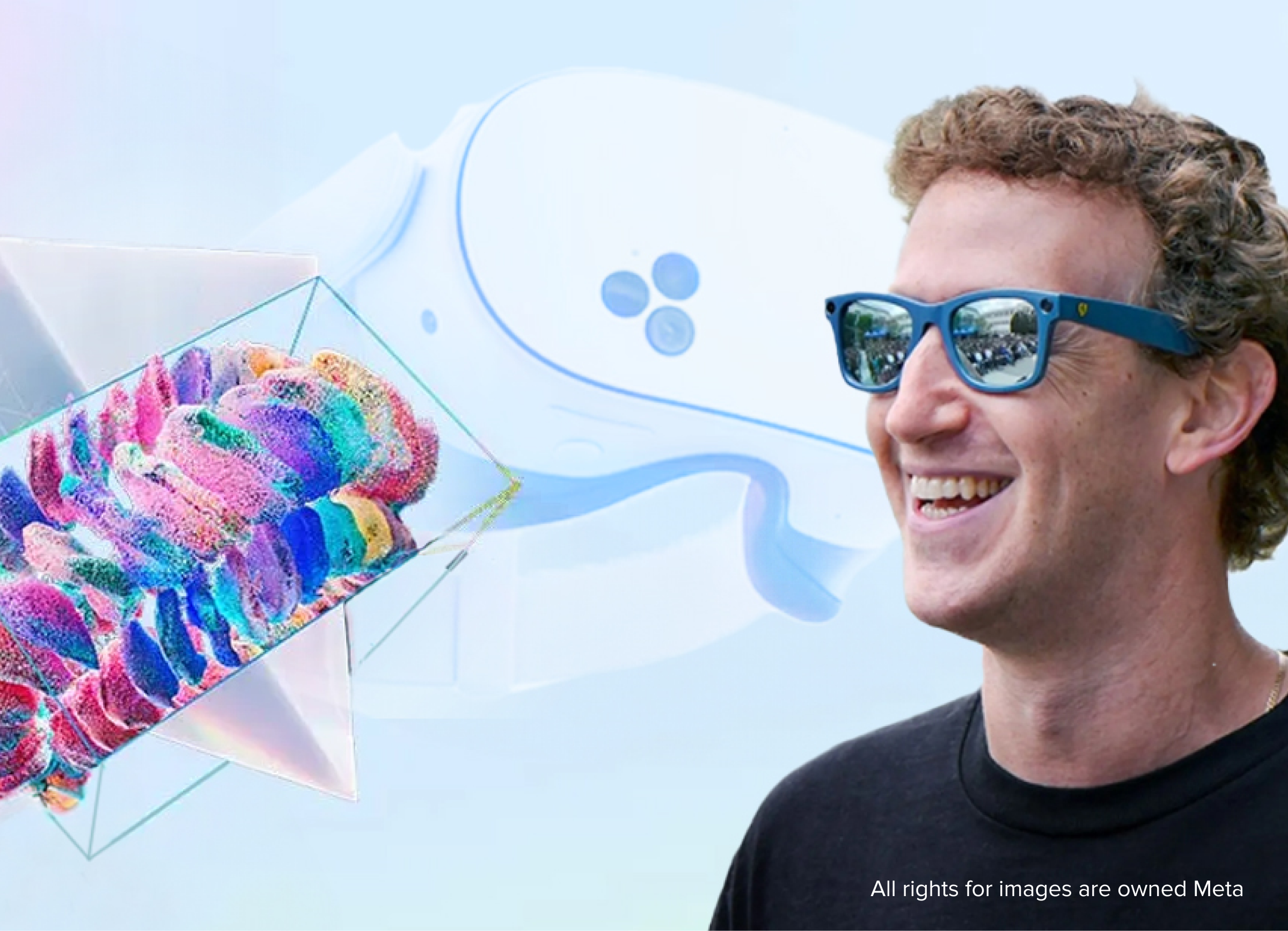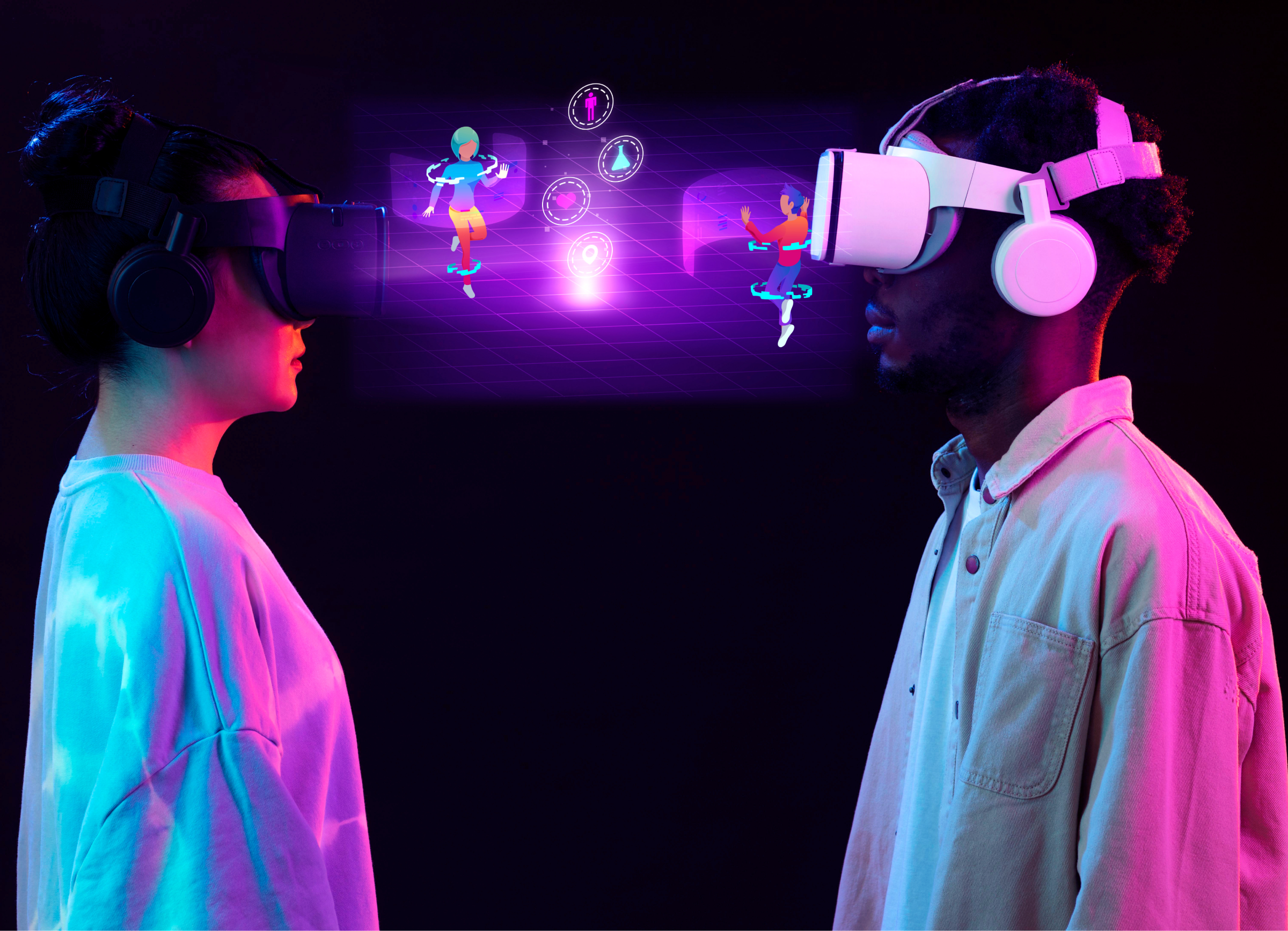
Mental disorders cost the global economy approximately US $1 trillion per year as a loss of productivity. That data comes from Worldwide Health Organization which also predicts mental health conditions to become a disease burden to the worldwide community by 2030.
These statistics cause concerns, and today numerous doctors will try to find a way to treat people’s mental health. XR technology usage is considered to be one of the prominent ways to cure anxiety, depression, and other disorders.
COVID-19 influence on VR therapy development
COVID-19 pandemic quite significantly influenced the minds of adults and children. So, according to the Centers for Disease Control and Prevention poll, more than 37% of schoolchildren said they struggled with anxiety, depression, and stress due to the pandemic.
In addition, the pandemic has contributed to changes in the format of healthcare facilities’ work. Due to the shut-down of schools and offices, offline psychotherapist visits respectively decreased to 70%. As of June 2020, remote mental health consultations increased up to 6558%. Actually, this is one of the factors in the AR and VR mental treatment development nowadays.
Kinds of VR mental health treatment
3.5% of Americans are proven to be diagnosed with post-traumatic stress disorder every year. It’s not only about war veterans, people of different races, ethnicities, and occupations face this problem. For the PTSD treatment, virtual reality is used for the recreation of situations where the traumatic event happened. During VR therapy, a patient is in a safe and controlled environment under the supervision of specialists who can stop the simulation or limit the negative impact of a trigger. According to the study, the first PTSD symptoms patients experience start to fade away in 3 months after the VR therapy.
Also, VR and AR are applied for phobia treatment. From 7 to 9% of people are afraid of snakes, spiders, and dogs. And 4% of people are suffering from claustrophobia, while 5% of patients are afraid of height.
With the help of virtual and augmented reality, specialists can recreate deadly and terrifying situations in a controlled environment. For example, you can create a simulation of a ten-storey building, a forest fire, etc. If a patient is scared of insects and small animals like rats, spiders, and cockroaches, a psychotherapist can use mobile AR applications with 3D projections of objects a patient is afraid of.
In 2021, Otago University in New Zealand successfully tested a new VR application, oVRcome, to treat different phobias. 129 volunteers aged from 18 to 54 years were treated with combined cognitive and VR therapy for 6 weeks. Test results indicated that phobia symptoms decreased to 75% in patients.
Examples of mental health applications
For example, Recovery VR designed applications for calming the nervous system and meditation. The company offers these programs to clients:
- guided meditations — the program contains 20 guided meditations which can be done in 50 virtual locations like space, nature, psychedelic areas, etc. The main targets of the meditations are body relaxation, anxiety level reduction, pain decrease, and calming of the mind. Specialists recommend patients do some meditations before physical recovery training. By the way, Recovery VR also designed a number of VR apps for patients’ physical recovery, you can read about them here.
- nature therapy — with a VR headset, a patient can walk through tropical beaches, forests, or city quays. This app is perfect for bed patients or those who can’t walk outside.
British company Enlighten, with the help of Staffordshire university, designed the mobile AR app Mental Health Mentor for high schoolers and college students. Every teenager aged 14-19 years old can scan the code placed on school diaries, posters, postcards, and other material stuff. Then, a student gets their own 3D-mentor, whose design was inspired by anime. An avatar’s image can be changed to look like a user, including all racial and ethnic-specific traits.
A virtual mentor asks a student about their well-being and consults them on anxiety, depression, bullying, etc. Also, the mentor can recommend a mental help center and give a quick way to contact close friends, teachers, or parents. If a student feels devastated and has suicidal thoughts, the app with an AR mentor gives them an emergency call button to the mental help center.
«We had this idea before the pandemic but by the time the project started, it seemed even more fitting, with the school closures and the uncertainty that young people have been facing. Stress levels are much higher than they would be normally, so I think it’s going to have a massive impact», Enlighten founder and director Suzanne Edwards told.
Conclusion
Day by day, the need for XR technologies in mental health treatment is increasing. With the help of virtual and augmented reality, a patient can overcome fear in a fully controlled environment. Also, AR/VR gives them the possibility to relax with the immersion in a virtual simulation of a tropical beach or quiet forest.



